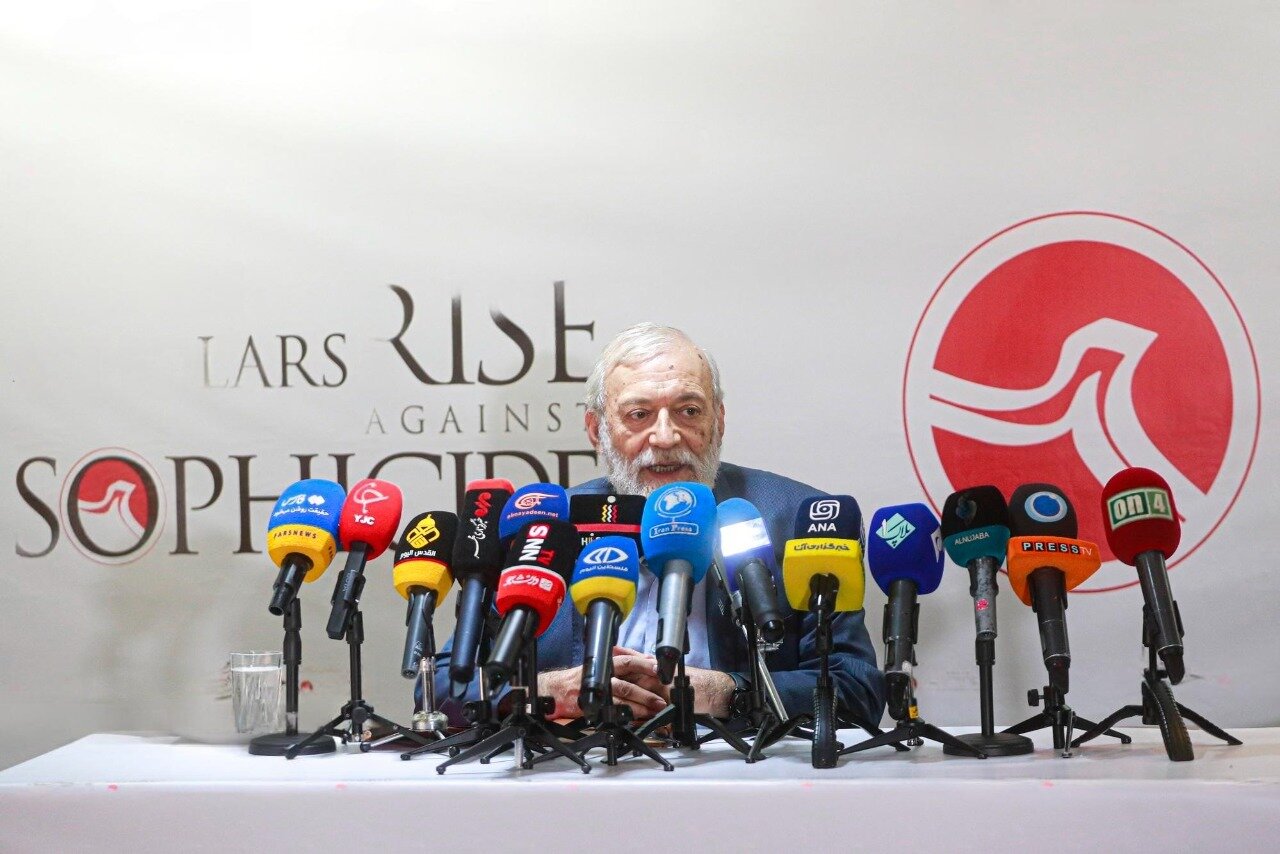Iran to host ‘Scholars’ Rise Against Sophicide’ conference to confront terrorism against scientists

TEHRAN – Iran will host the international conference “Scholars’ Rise Against Sophicide” on October 9 to confront the global phenomenon of scientific terrorism, including the targeted assassination of scientists.
A press conference was held on Sunday morning at the Institute for Research in Fundamental Sciences ahead of the international conference “Scholars’ Rise Against Sophicide”, set to convene on October 9.
The gathering will focus on the joint crimes of the United States and Israel in assassinating scientists in Iran and worldwide.
Mohammad-Javad Larijani, who chairs the conference, warned that the assassination of scientists has become a “dark and dangerous phenomenon” that must be challenged globally. “The United States and the Israeli regime openly pursue this criminal policy and even seek to legitimize it,” he told reporters.
Larijani outlined three main axes of threats to the global scientific community:
1. The legitimization of assassinations for political purposes, which he said sets a dangerous precedent for targeting scholars under false pretenses.
2. The creation of an atmosphere of scientific intimidation, deterring young talent by making them feel that entering advanced fields could cost them their lives.
3. The monopolization of knowledge, with Western powers seeking to restrict emerging fields such as artificial intelligence, contrary to the universal nature of science.
He recalled that over 15 Iranian scientists were killed during the recent 12-day war, including radiotherapy expert Dr. Feqhi and academic leader Dr. Tehranchi, none of whom were connected to the allegations cited by Iran’s adversaries.
Larijani also condemned Israel’s use of artificial intelligence in Gaza, calling it “the worst possible misuse of science.” He stressed that the October 9 conference aims to mobilize scientists across the world — including those attending virtually — to resist “scientific terrorism,” end intimidation, and prevent monopolization of knowledge.
The event’s findings will be shared with universities and research centers, while Larijani urged the systematic documentation of all assassinated scientists worldwide. Although he cautioned that UN resolutions may not immediately halt such crimes, he said raising global awareness was essential.
“This conference is not an end but a beginning,” he concluded, announcing plans for follow-up panels on fields such as telecommunications, artificial intelligence, and quantum informatics to examine whether new technologies are serving peace and progress or being misused for terror and genocide.
